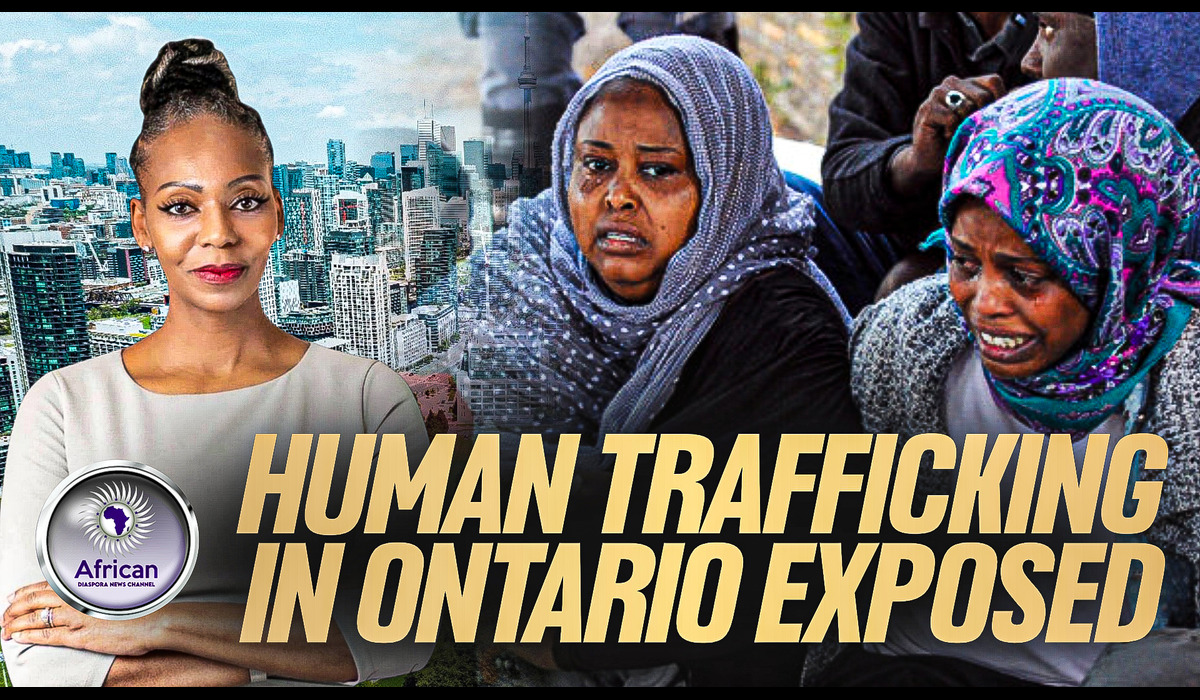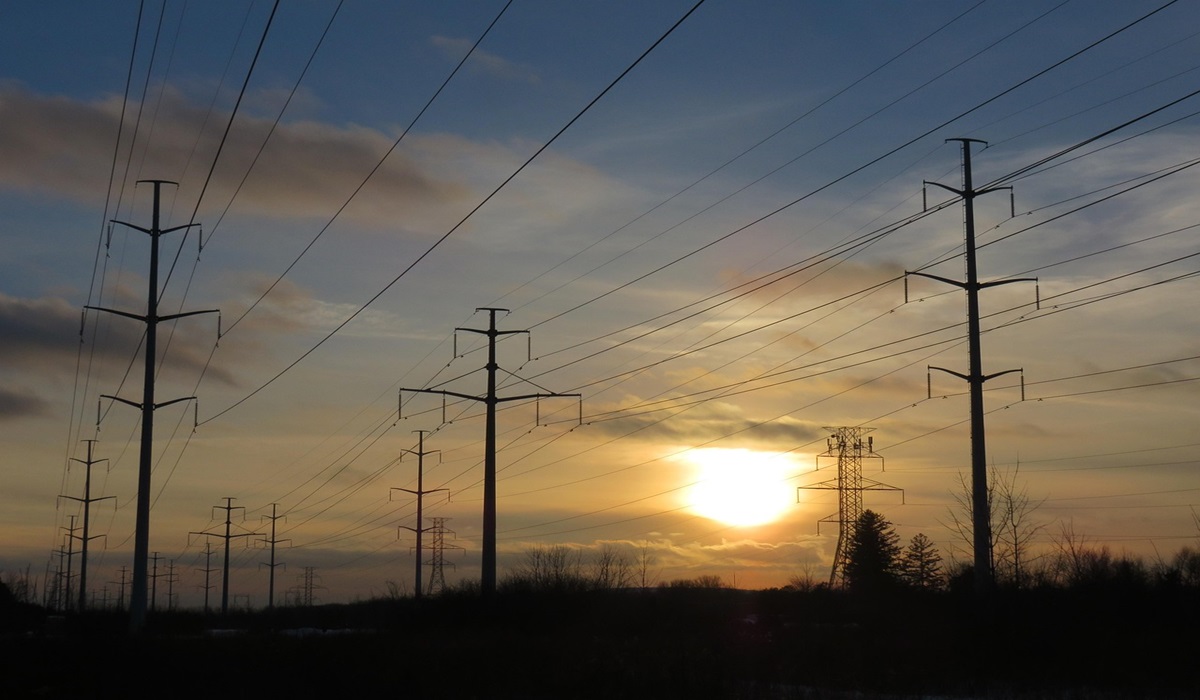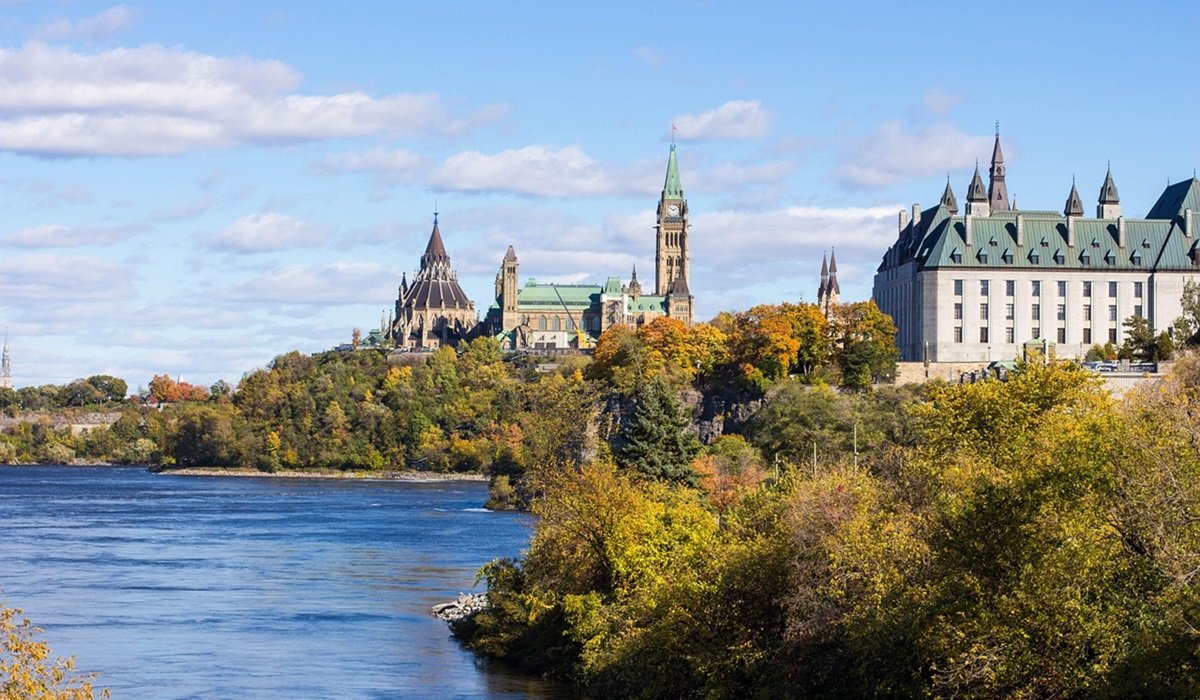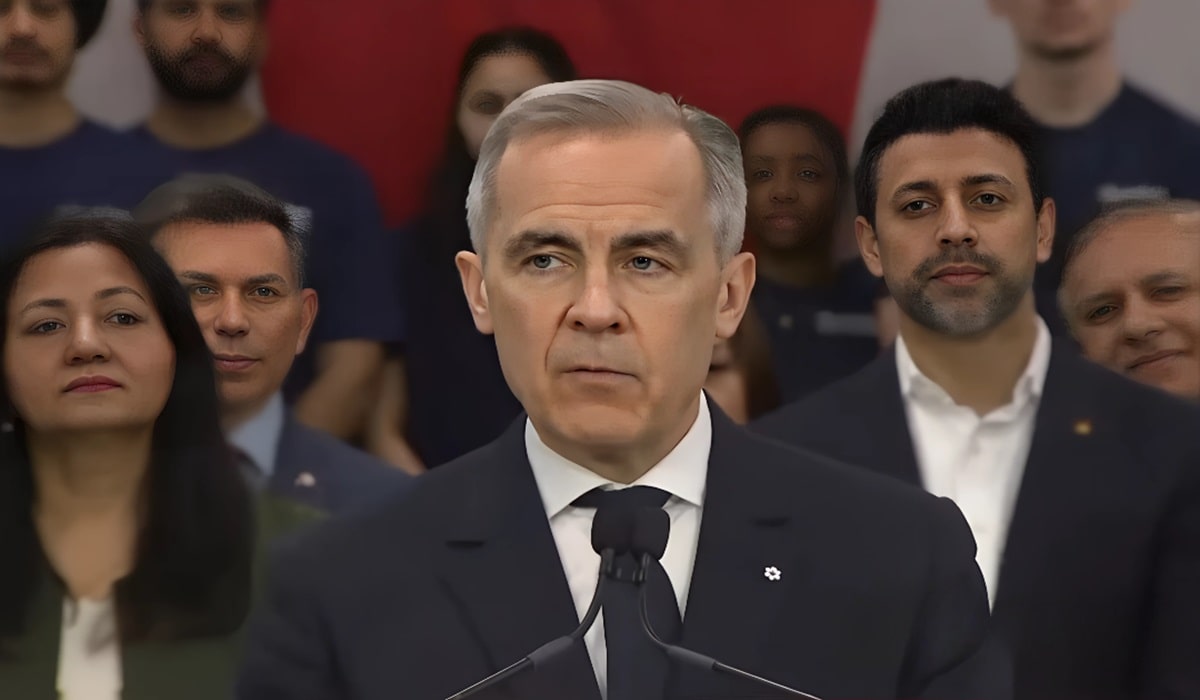The New Democratic Party of Canada stands on the precipice of a political collapse so severe it would take a generation — or more — to recover. If early polling holds true through election day, Jagmeet Singh will not only lose his own seat, but the NDP could be reduced to a humiliating two to seven seats nationally — below the twelve-seat threshold required for official party status in the House of Commons. It would mark a stunning fall for a party that once, under Jack Layton, electrified the nation and redefined Canadian politics.
The loss of official party status is not a symbolic defeat. It is an institutional gutting. Without party status, the NDP would lose automatic rights to ask questions during Question Period, forfeit access to dedicated research budgets, suffer severe reductions in staffing resources, and disappear from many critical parliamentary committees. Most devastating of all, they would lose the national platform that comes with being treated as a recognized player in federal politics. Instead, their MPs would be treated procedurally as independents — marginalized, sidelined, invisible.
It would be a humiliating demotion that strips the party of relevance when it can least afford it. The NDP’s hard-fought gains over decades of building worker alliances, social justice movements, and progressive political legitimacy would be squandered in a single, catastrophic election night.
This collapse did not have to happen. Jagmeet Singh had clear opportunities to distinguish the NDP as a fierce, independent force — particularly when public anger boiled over during the Trudeau government’s repeated use of back-to-work legislation against striking workers. Singh talked tough. He threatened. He blustered. But each time, he crumbled back into support of the Liberal government through the Supply and Confidence Agreement, extending Trudeau’s political life when the public was desperate for an alternative.
That decision — rooted in short-term calculation rather than long-term strategy — now looks like the fatal error. Singh traded away the NDP’s identity as a principled opposition party for fleeting influence, and in doing so, alienated core supporters without gaining meaningful new ones.
The material realities of this collapse are everywhere. Fundraising efforts are anemic compared to Liberal and Conservative juggernauts. The party failed to field a full slate of candidates last election and faces the same disorganization now. Singh, lacking a private campaign plane, will be grounded while other leaders crisscross the country. The NDP’s campaign infrastructure, already threadbare, will be stretched to the breaking point.
And after the dust settles? Rebuilding from sub-party status will be a monumental undertaking few understand. It took Jack Layton’s once-in-a-generation charisma to vault the NDP into national prominence, culminating in the Orange Wave of 2011. It took Thomas Mulcair’s sharp legal mind and unrelenting parliamentary cunning to keep the party relevant against the Liberal resurgence. Today, there is no Jack Layton waiting in the wings. There is no Tom Mulcair sharpening knives behind the curtain. There is no obvious successor with the stature, skill, or star power to lead the rebuilding.
Instead, the party faces a barren landscape. A diminished caucus, demoralized organizers, dried-up fundraising pipelines, and the grim prospect of having to claw for oxygen in a Parliament where they will have no official voice.
For Singh personally, the story is no less tragic. Once heralded as a fresh, compelling voice for a new generation of Canadians, he now presides over the likely death spiral of the party he was entrusted to grow. His tenure will not be remembered for historic achievements or transformative legislation. It will be remembered as the moment when the NDP lost the plot — and the platform to tell it.
The real question now is not whether Jagmeet Singh can survive. It is whether the NDP itself can.
Without bold leadership, ruthless strategic clarity, and a once-in-a-generation figure to rally behind, the party risks fading into political obscurity — a ghost of what could have been, wandering the halls of Parliament without voice, power, or future.
And if that happens, it will not have been fate. It will have been a failure — one written over years of missed chances and choices made too late.









